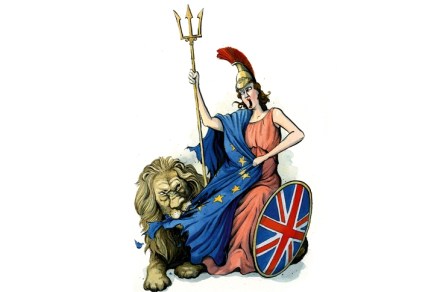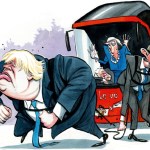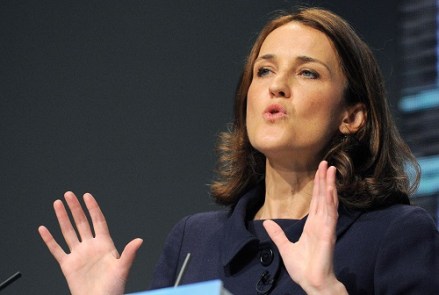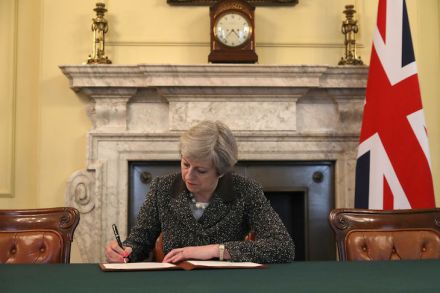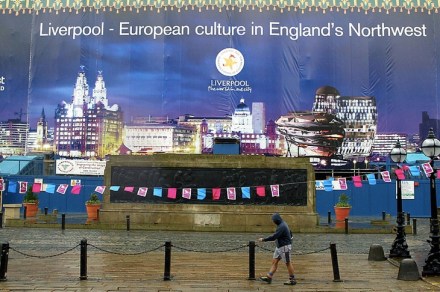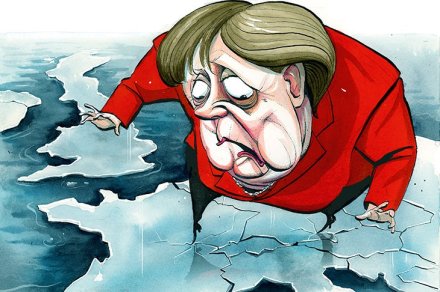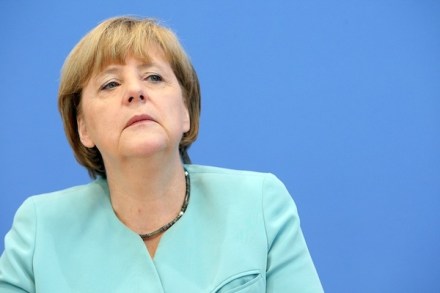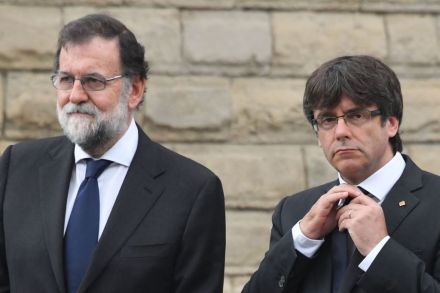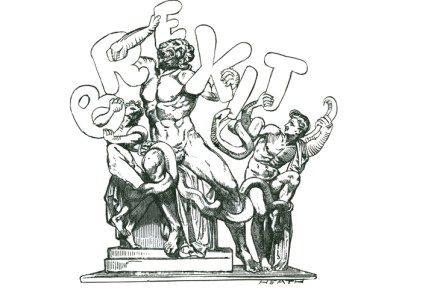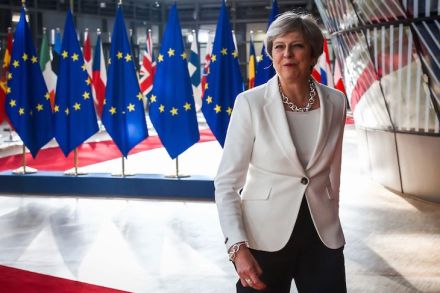Conservative MPs should be careful what they wish for
How much trouble is Theresa May in? Just three weeks ago, it looked as though the Prime Minister was at her strongest point since the disastrous snap election. Now, the BBC 10 o’clock news is leading on questions about her survival – with reports of irrepairable drift, Brexit rifts. The Sunday papers are filled with a deluge of negative headlines depicting a party out of control – including on-the-record criticism from Conservative MPs. Former minister Theresa Villiers has gone on the airwaves to warn that the Prime Minister could be about to sell a lie on Brexit. What’s more, reports claim that the influx of letters to Graham Brady continues to





